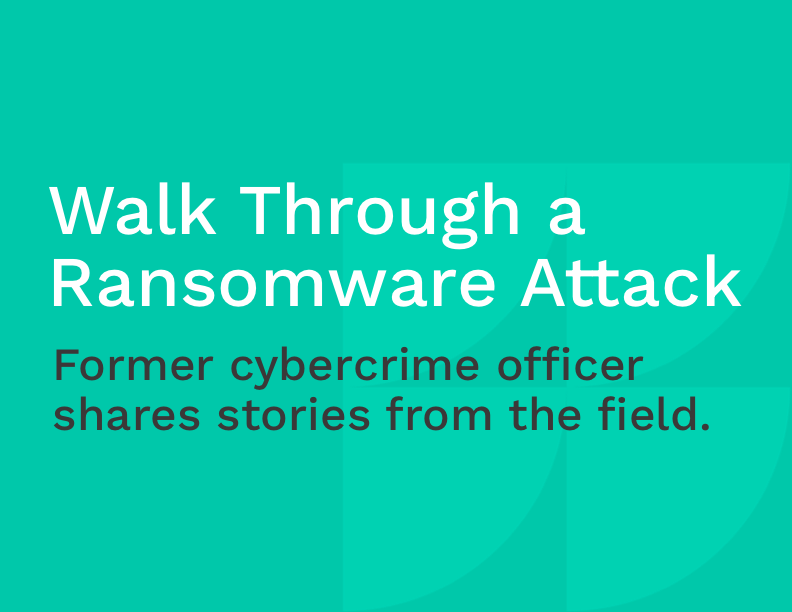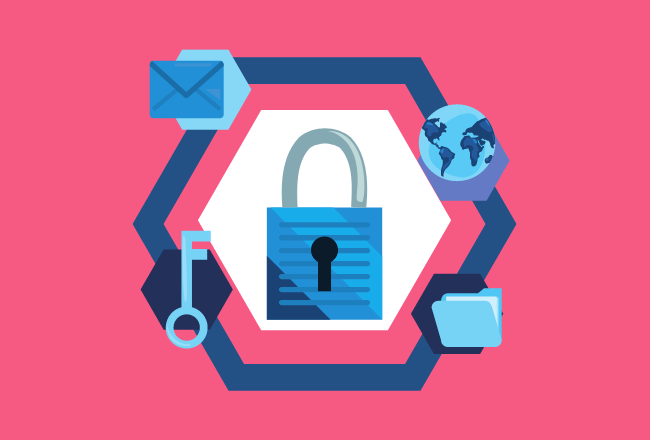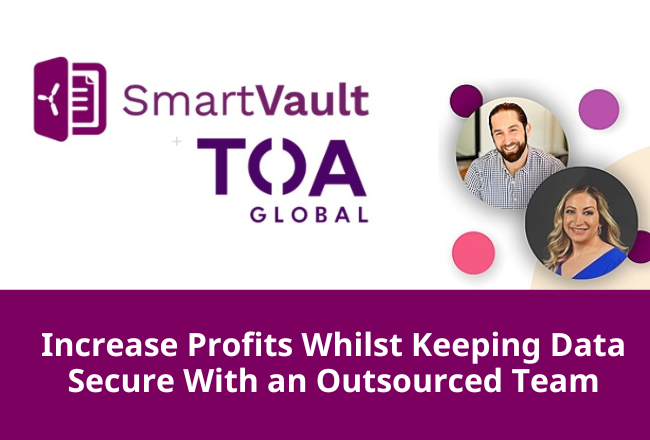
Two-Factor Authentication: What Accounting Pros Need to Know
As an accounting professional, you handle sensitive financial data and documents on a daily basis. Despite being widely available, many accounting professionals have yet to adopt multi-factor authentication (MFA). MFA, which includes two-factor authentication (2FA), provides an extra layer of security beyond just a password.
Why is this important? “It doesn’t matter how good your password is if it’s not used with other layers of security,” explains cybersecurity expert and former cybercrime officer Luke Kiely. “A password is not likely to be good enough to secure access to valuable online services by itself.”
This article explains what MFA is, why MFA is vital for accountants, and how SmartVault is a secure choice for document management, secure file sharing, and client collaboration.
What is Multi-Factor Authentication?
Multi-factor authentication requires users to provide additional credentials to log into an account. This goes beyond just entering a password. The factors can include:
- Something you know (a password)
- Something you have (an authentication code sent to your phone or email)
- Something you are (biometrics like a fingerprint or facial scan)
If someone knows your password, they won’t be able to access your account if you have MFA enabled because they won’t have that second factor. And yes, while a second factor can also be stolen, stealing a password and a second factor is very difficult.
What is Two-Factor Authentication (2FA)?
Two-Factor authentication (2FA) is a type of MFA that involves two identification factors. This typically involves sending a code to your mobile device or email address after you’ve entered your username and password into the system or website. You’ll then input that code into the website to gain full access.
How Does an MFA or 2FA Scam Work?
Hackers need three things to gain access to your account: Your username, password, and authentication code. Cyberthieves have many clever ways to steal this information. And unfortunately, cybercrime is not only here to stay, but it’s on the rise: Some reports suggest attacks now happen every 39 seconds.
It’s practical to assume that at least one of your usernames and/or passwords has been compromised – even if you don’t know it. Scary, right? This is why experts urge people to use different usernames and passwords for each of their accounts.
Once your username and password have been leaked on the black web, hackers only need your authentication code. Phishing is one of the most reliable ways they can get their hands on it. So, what’s phishing?
This attack lures people into disclosing their personal information. Criminals accomplish this by making the victim believe the message and request are trustworthy by making the messages appear to come from known, trusted sources, like your partner, client, bank, loan provider, credit card company, or even places like big-box stores.
You may receive a text message, for example, that says your account has been compromised. It’ll tell you to reply with the authentication code you’re about to receive. While you’re reading that message, the hackers will attempt to login to your account using your username and password, which will trigger that system to send you the authentication code. If you follow the hacker’s instructions, you’ll then send that code straight to them in response to their original text message.
They’ll enter that code into the system, finalize the login for that website, and immediately change the password, security settings, personal information, and more associated with that account – so you won’t be able to log into it again. And worse, they now have free reign to do whatever they want.
Why is MFA Crucial for Accounting Professionals?
Accounting professionals have ethical and legal obligations to protect sensitive client information. Data breaches can also damage your reputation and result in a significant financial loss.
“In the modern workplace,” Luke starts, “a data breach or cyber incident can absolutely shatter that trust, causing customers and staff to abandon the affected business in favor of competitors with better cybersecurity and trustworthiness.”
“Without robust cybersecurity measures in place — like MFA — a single cyber incident can outright cripple a business financially, leading to, in extreme circumstances, bankruptcy.”
Keep Your Data Safe with Bank-Level Security and MFA
Confidently protect your data with SmartVault, a secure document management system and client portal that’s built with bank-level security. SmartVault has two-factor authentication, access control, data backup, encryption, version control, audit trails, and more to keep your documents safe and your business in compliance with leading regulations.
Key reasons SmartVault’s MFA makes it a secure choice:
- Supports MFA for all users
- Provides activity logs so you can see who accessed what document, when, and why
- Encrypts all data in transit and at rest for ultimate protection
To see how SmartVault can keep your data secure, improve your workflows, and streamline collaboration, schedule a demo with us today.
FAQ on Multi-Factor Authentication
What are the most common types of MFA credentials?
The most common types of factors used in MFA systems are:
- Passwords – This is the baseline first layer of security. Strong, unique passwords are recommended.
- One-time passcodes – These are randomly generated codes delivered through SMS texts, voice calls, email messages, or authenticator apps. Users must enter the passcode along with their username and password.
- Biometrics – Fingerprints, facial recognition, or iris scans provide unique biological factors. Smartphones often use biometrics for user verification and to unlock cell phones.
How is MFA more secure than just passwords?
With MFA, attackers need to compromise two or more factors, which is exponentially more difficult than stealing just a password, for example. MFA prevents many common attacks, like phishing, since the second factor remains secure.
What are the benefits of implementing MFA?
The major benefits of implementing MFA include:
- Increased security against phishing, hacking, and identity theft
- Prevention of unauthorized account access
- Protection of sensitive customer and financial data
- Reduced risk of data breaches and cybercrime
- Enhanced compliance with regulations and security standards
- Increased user trust and peace of mind



